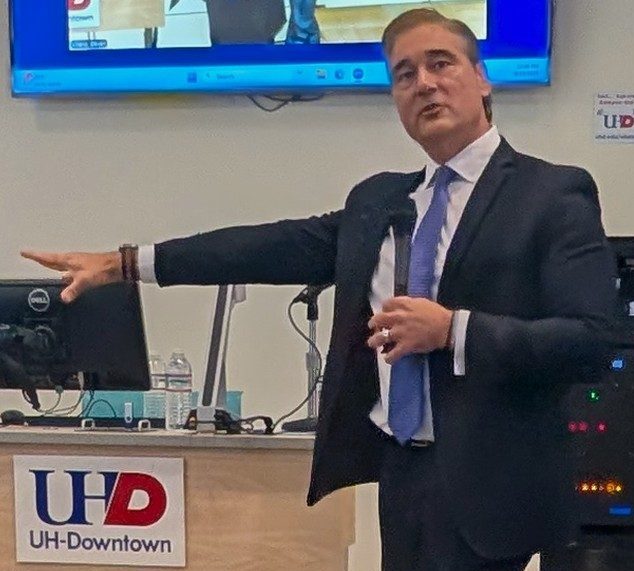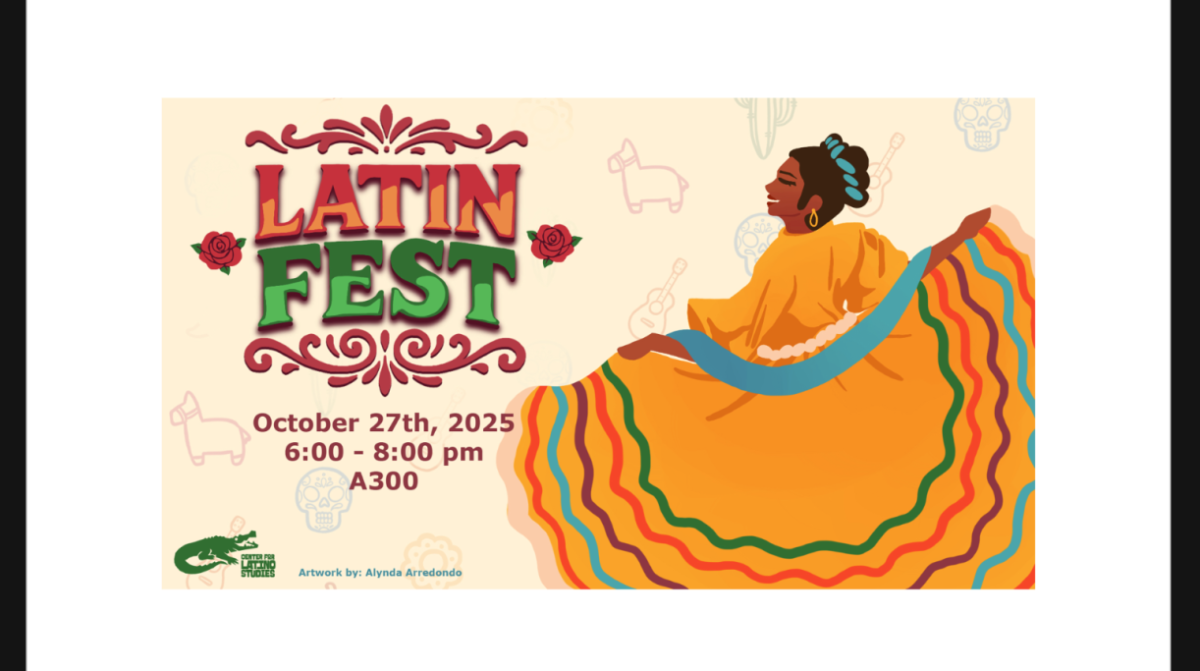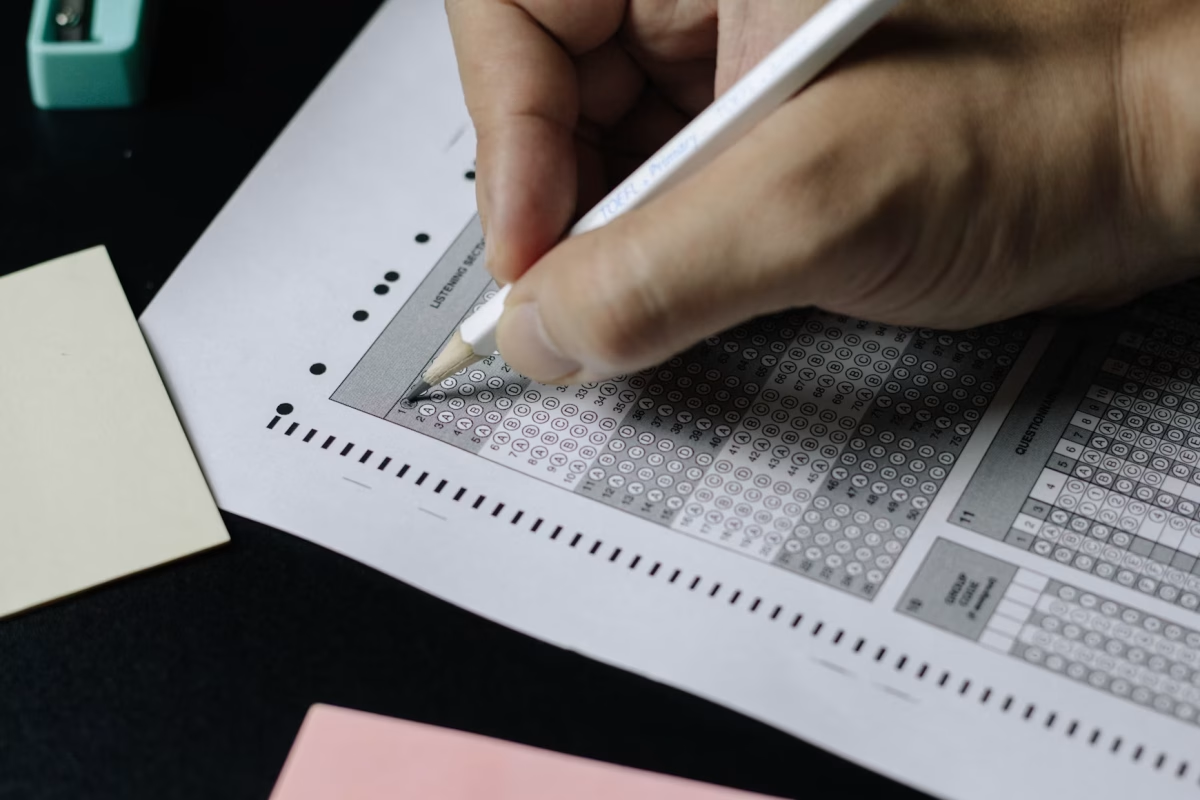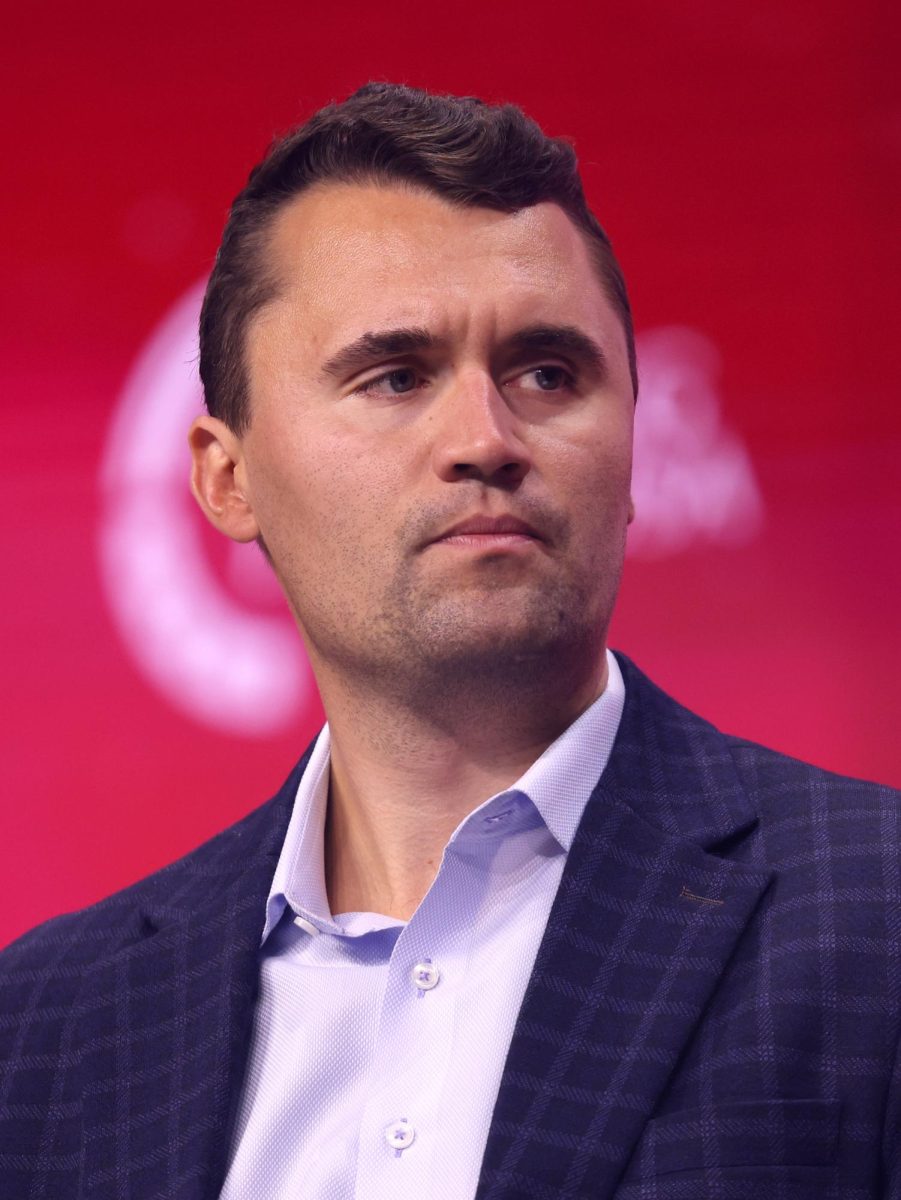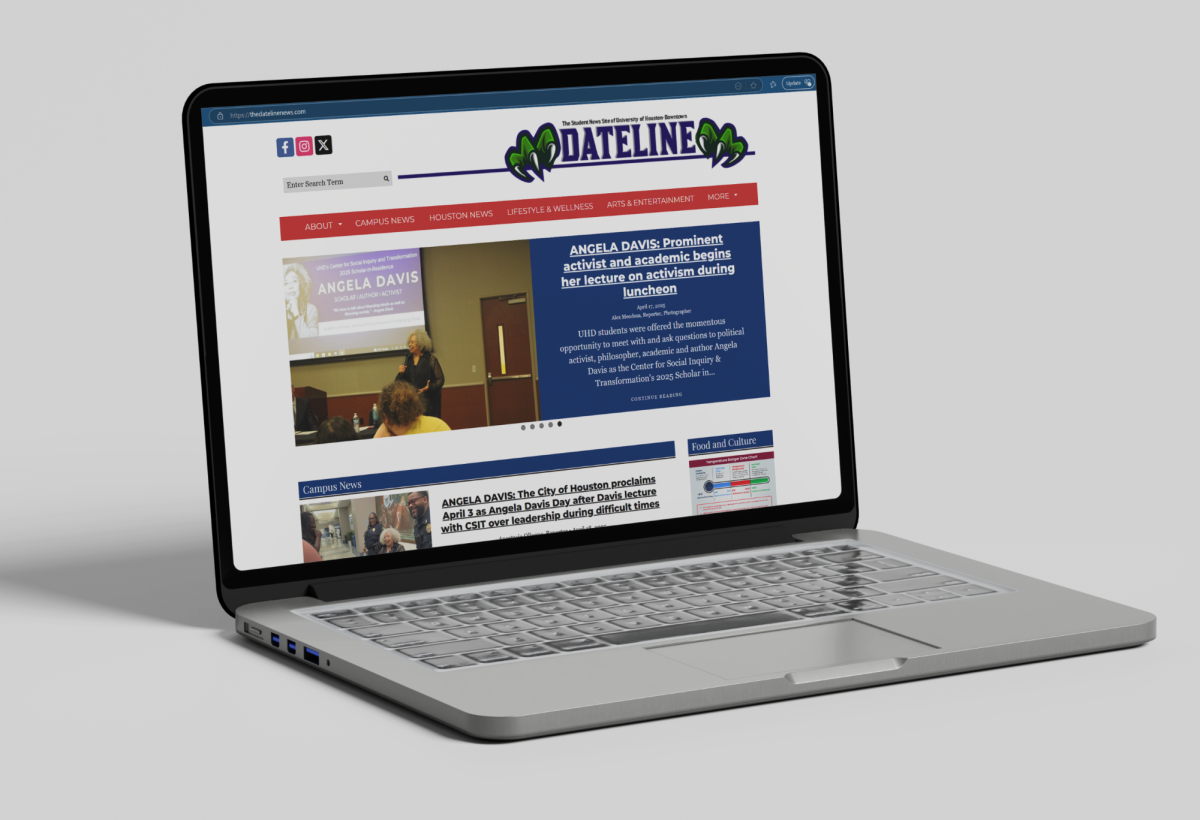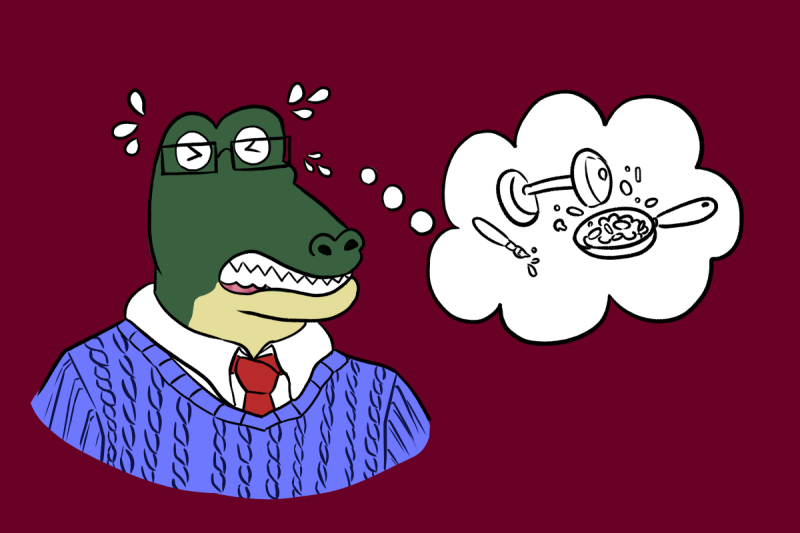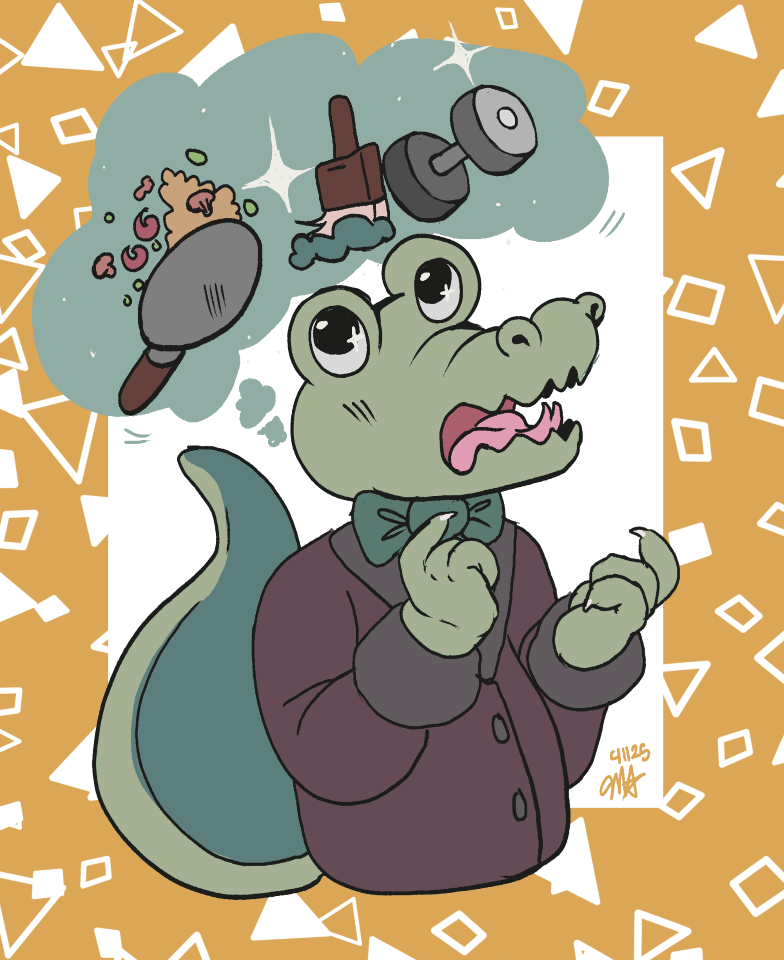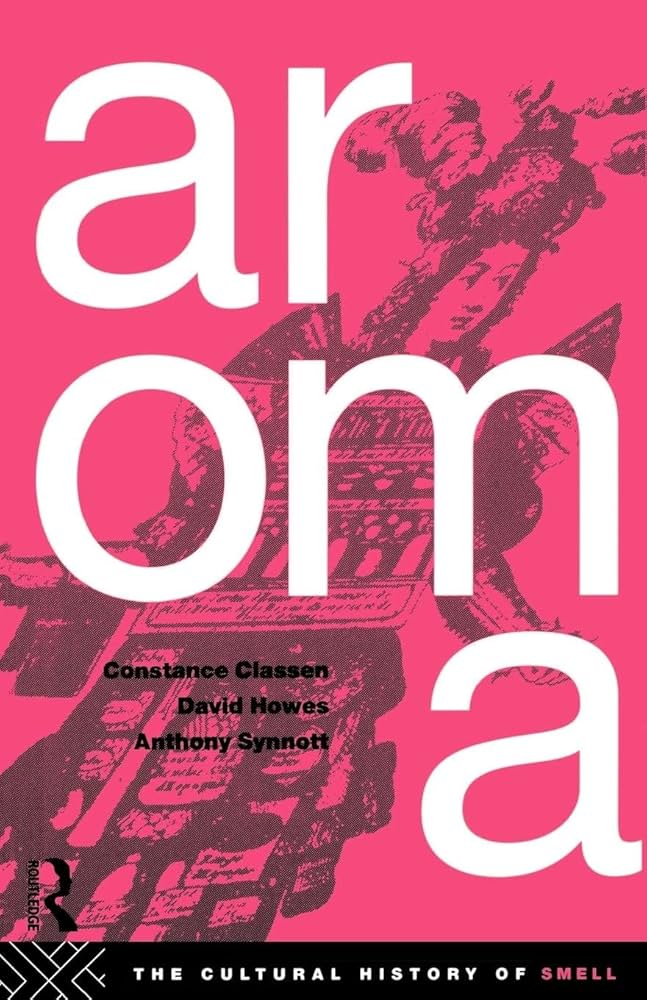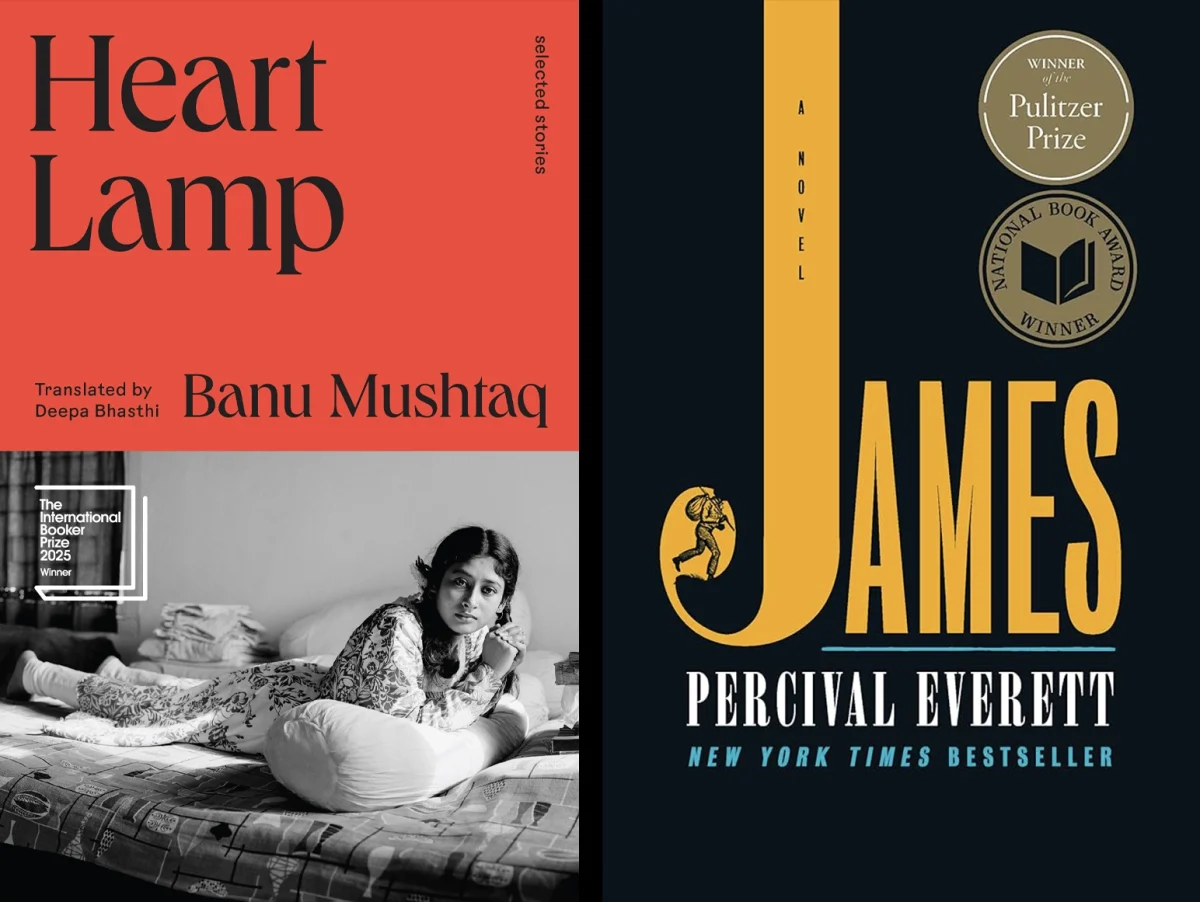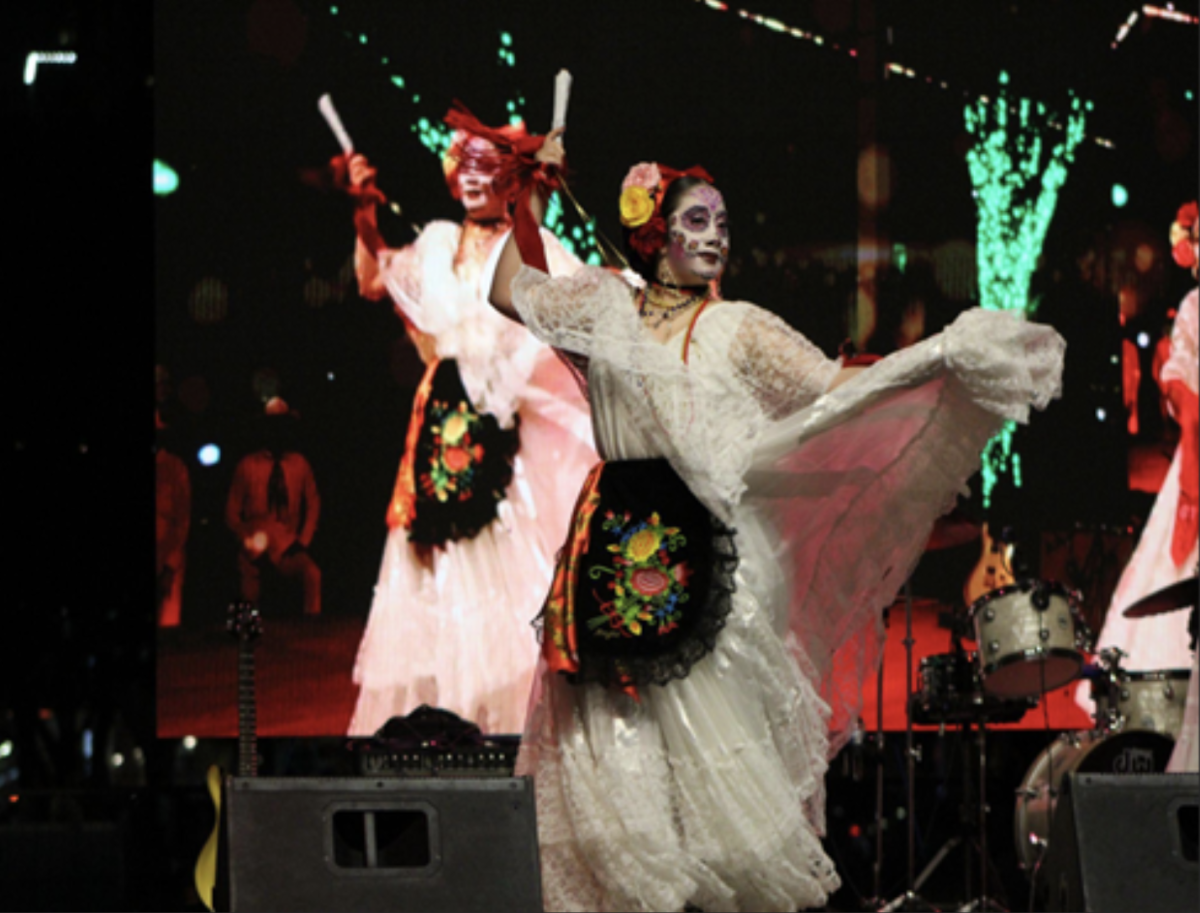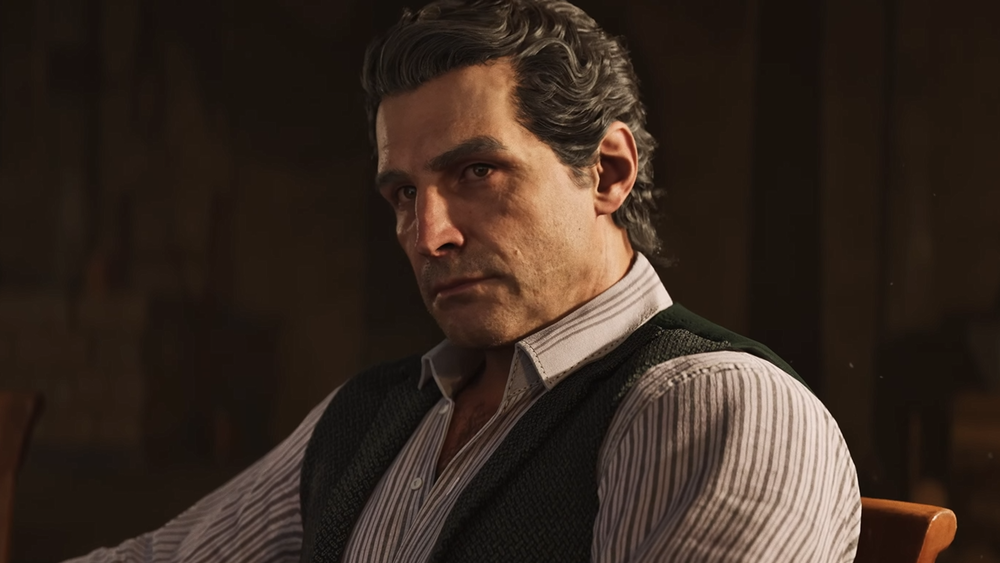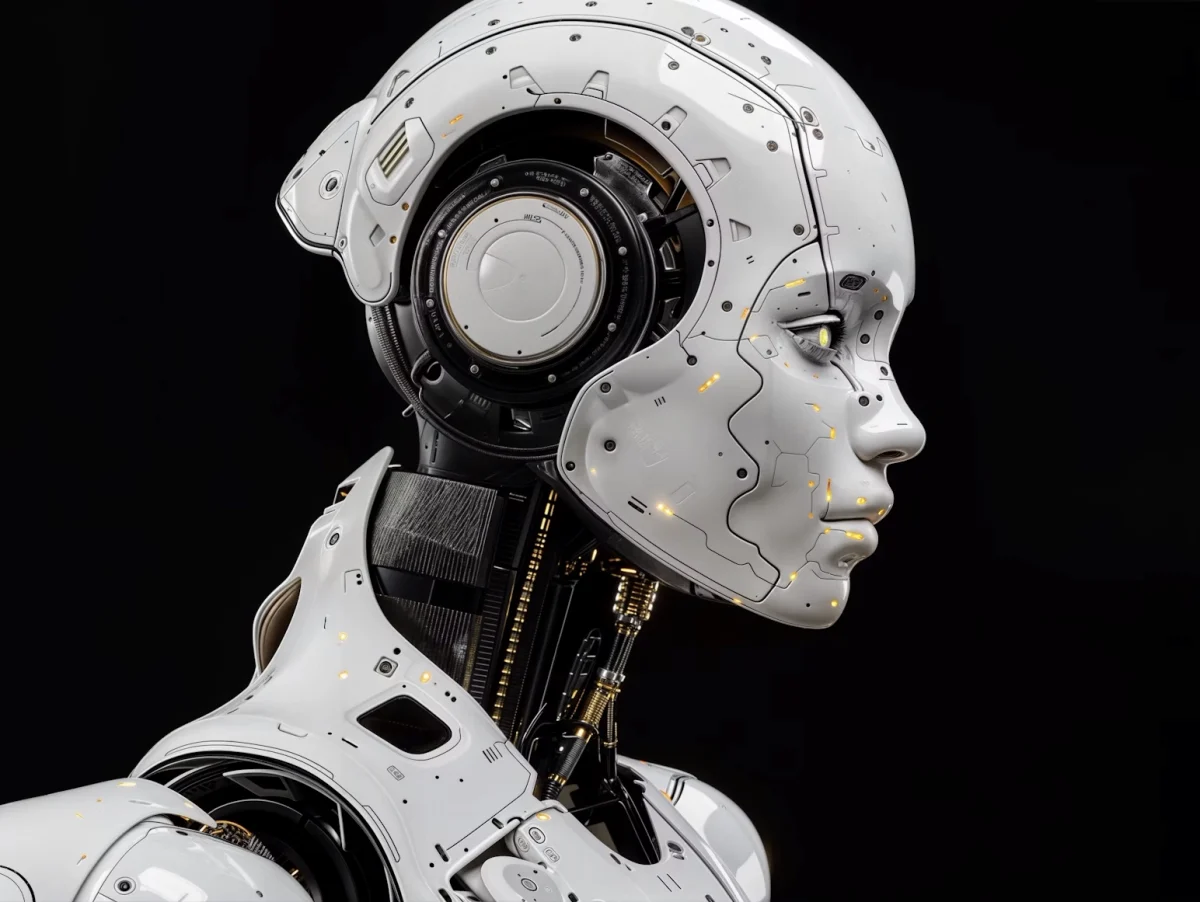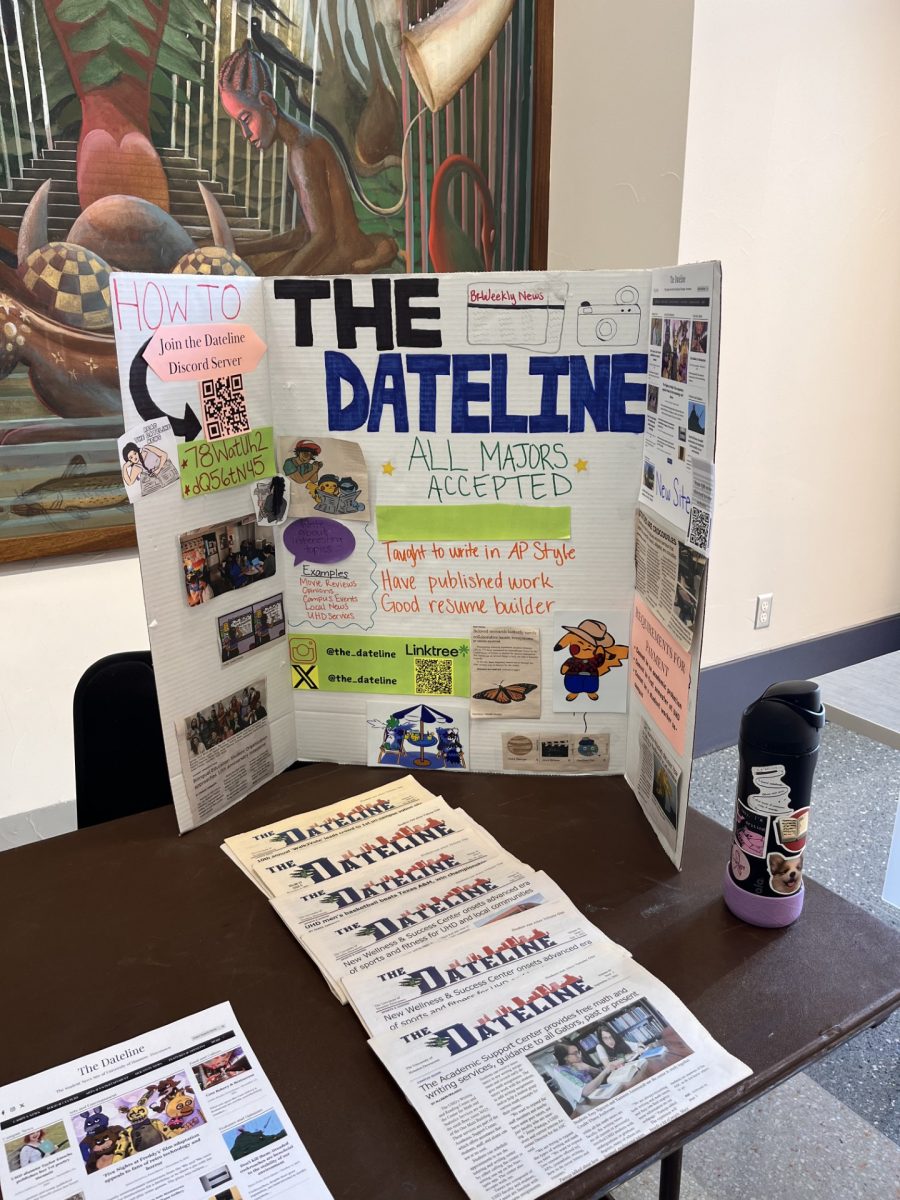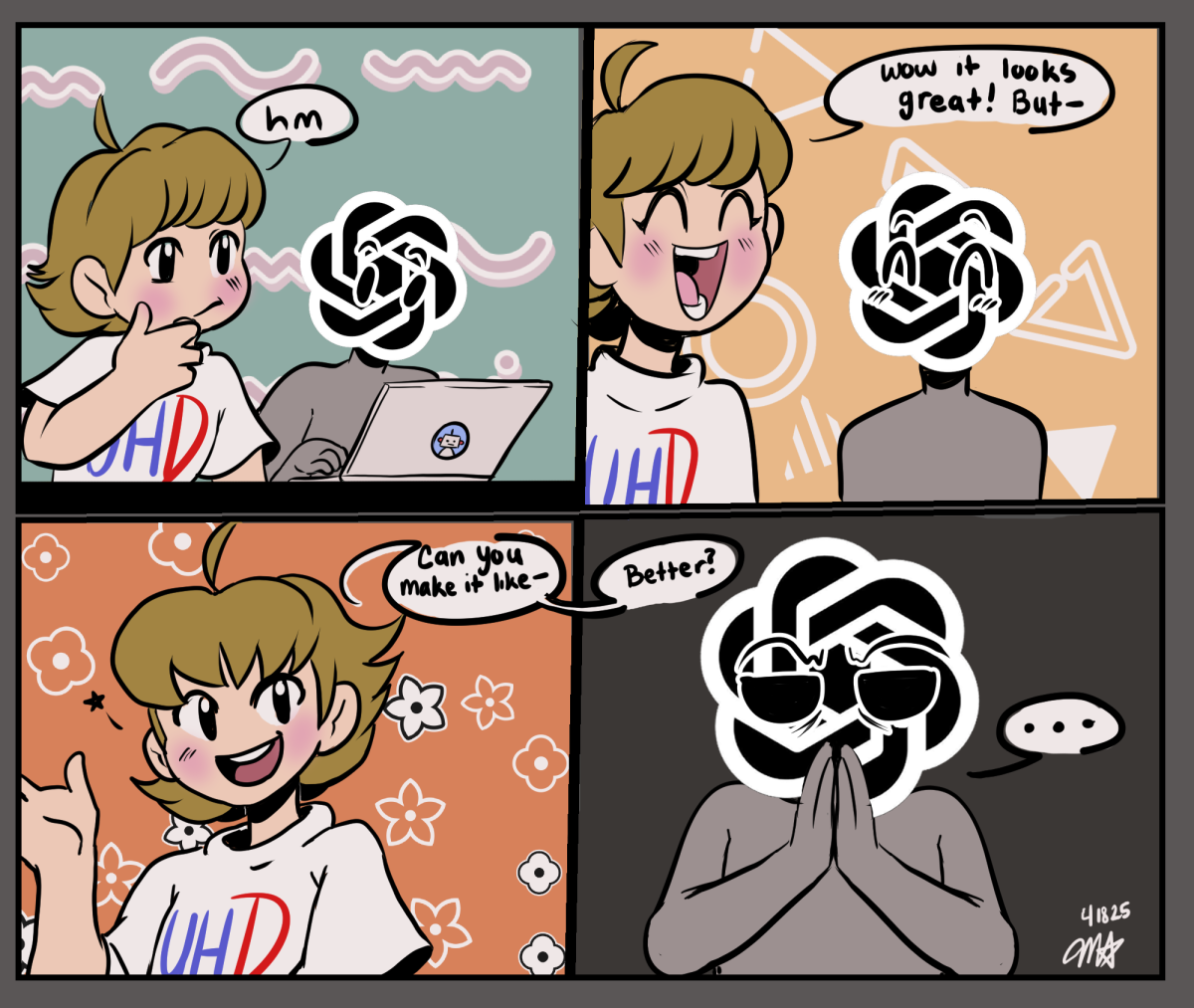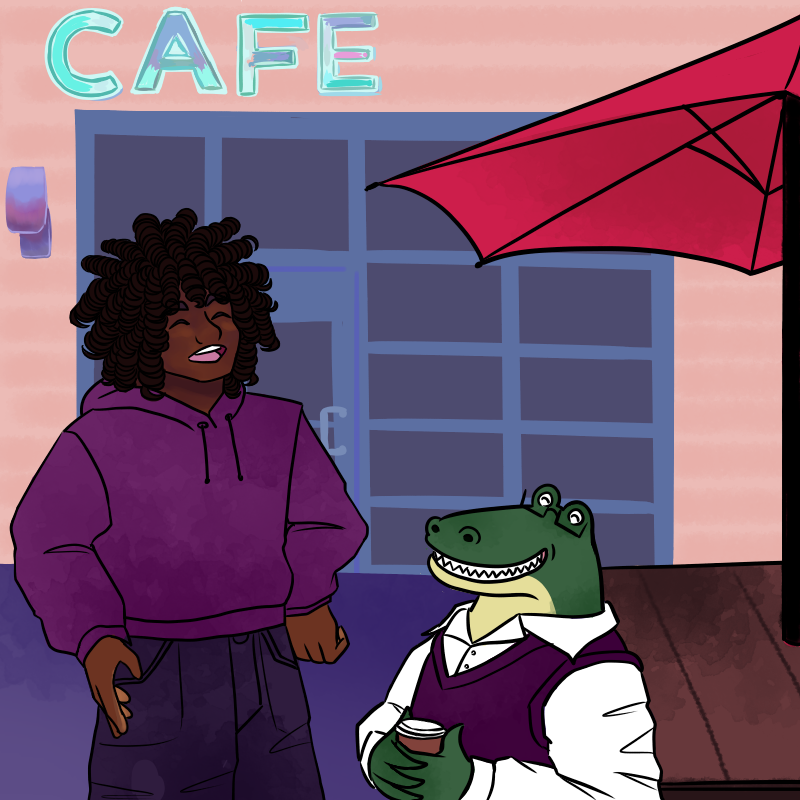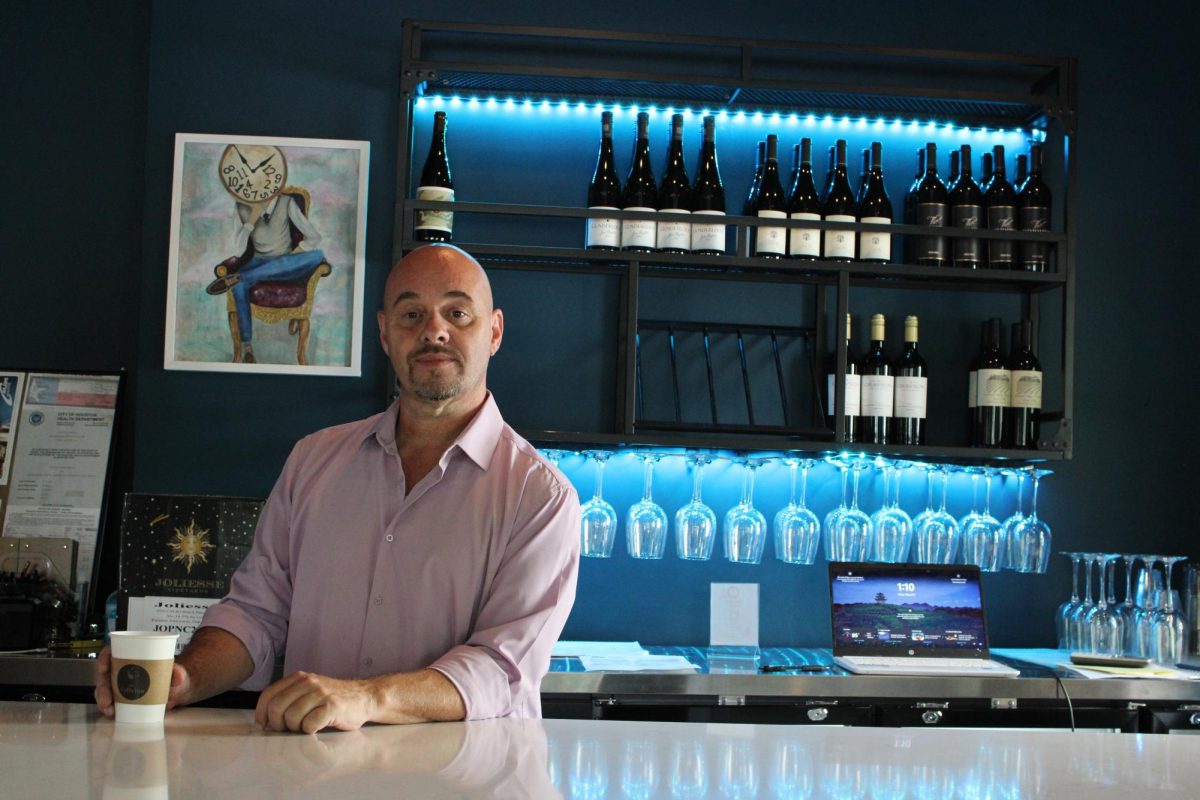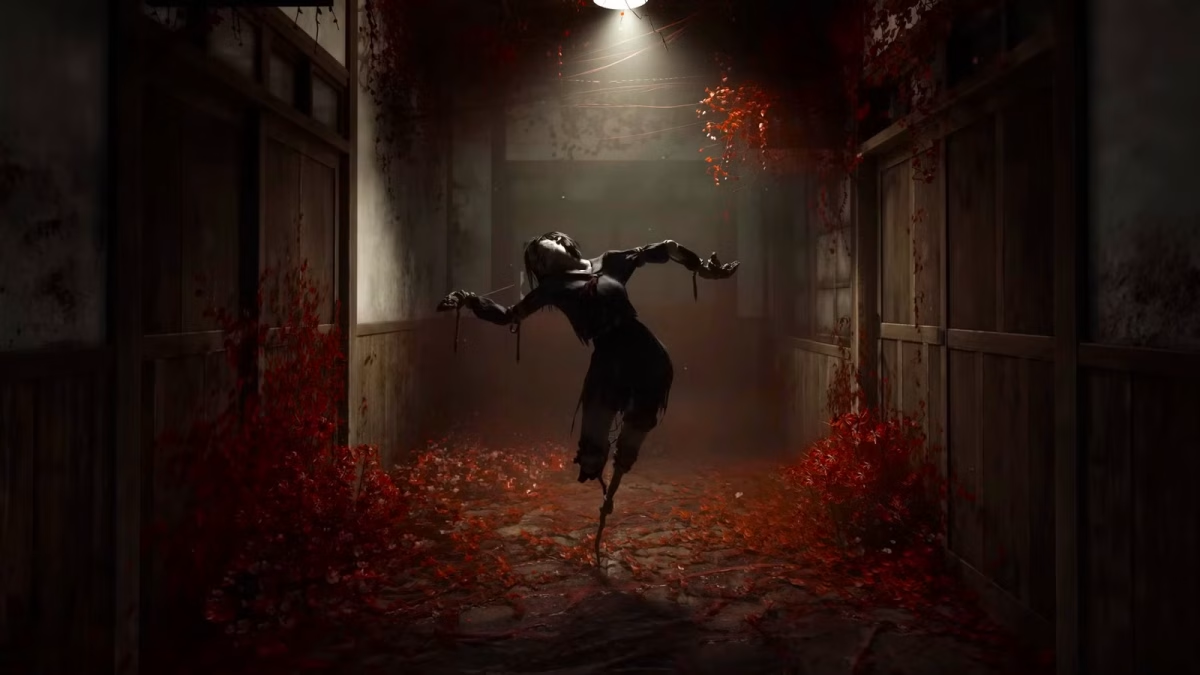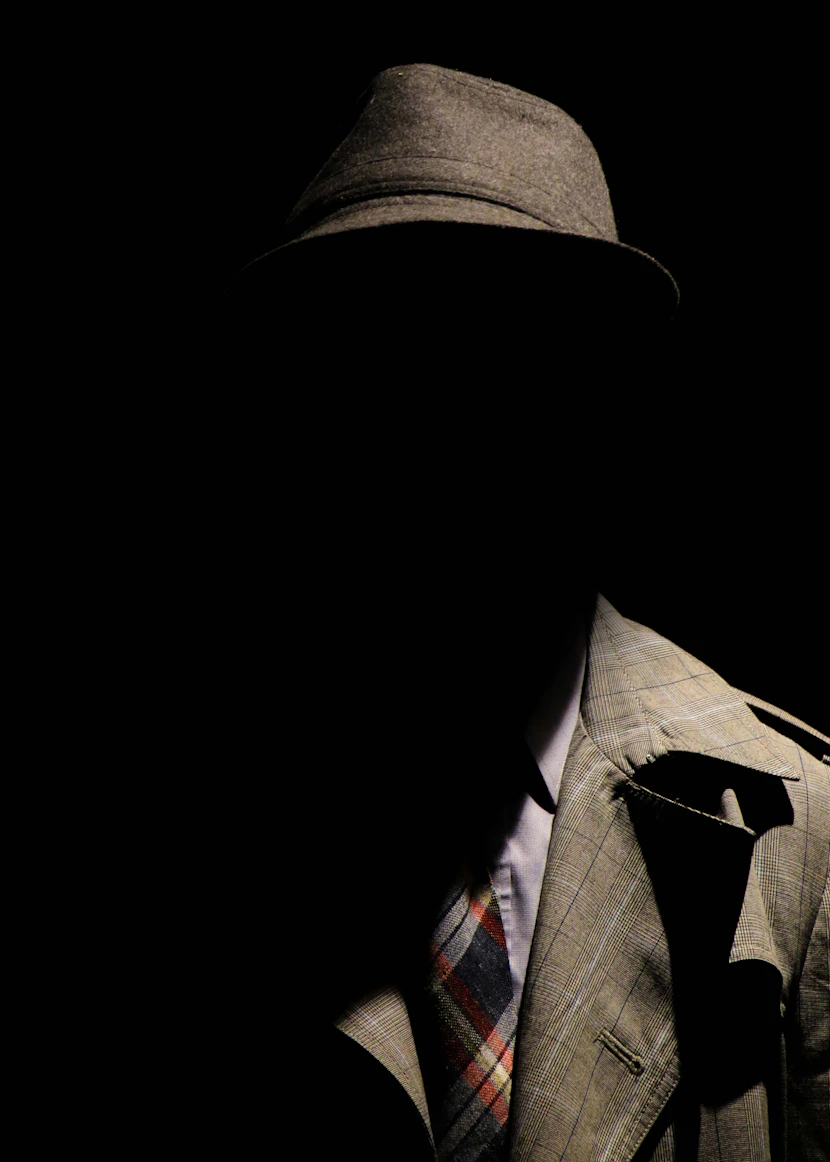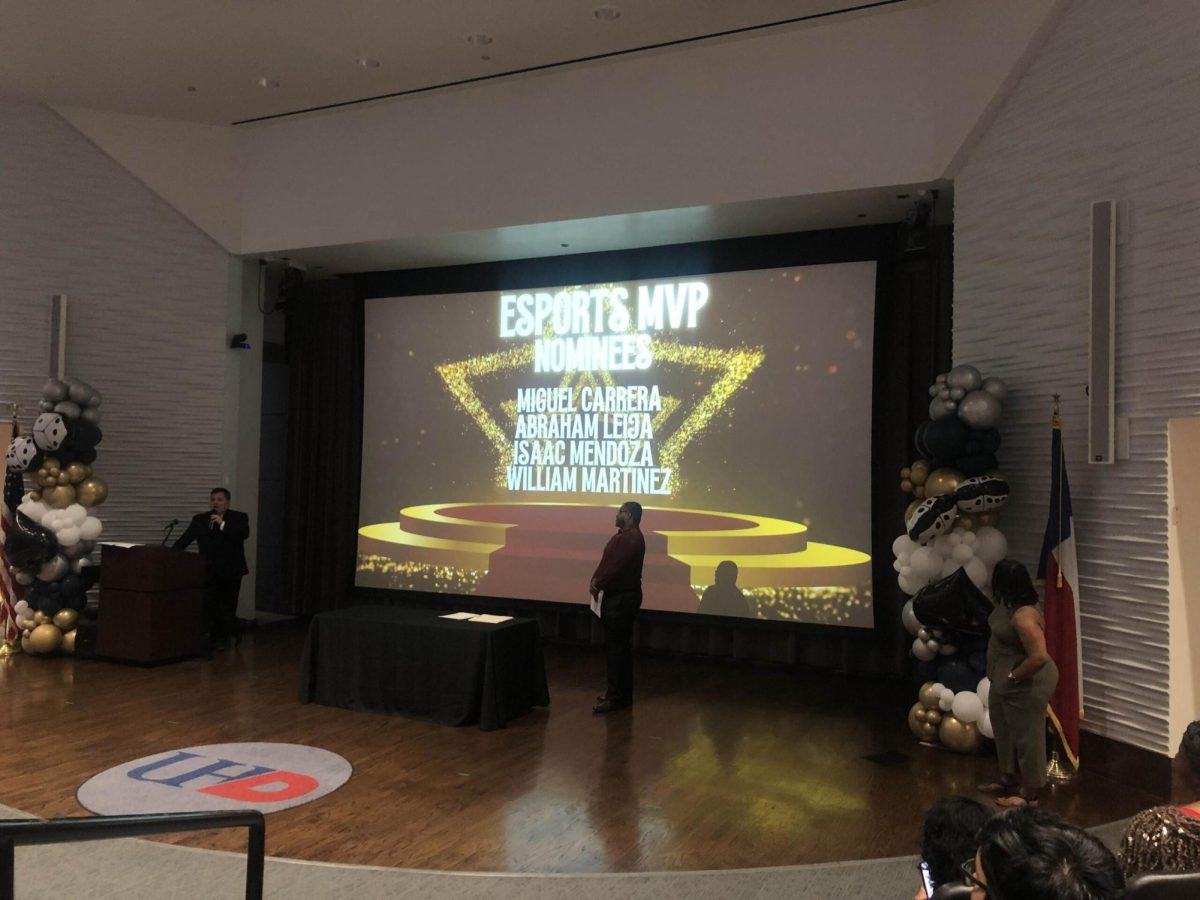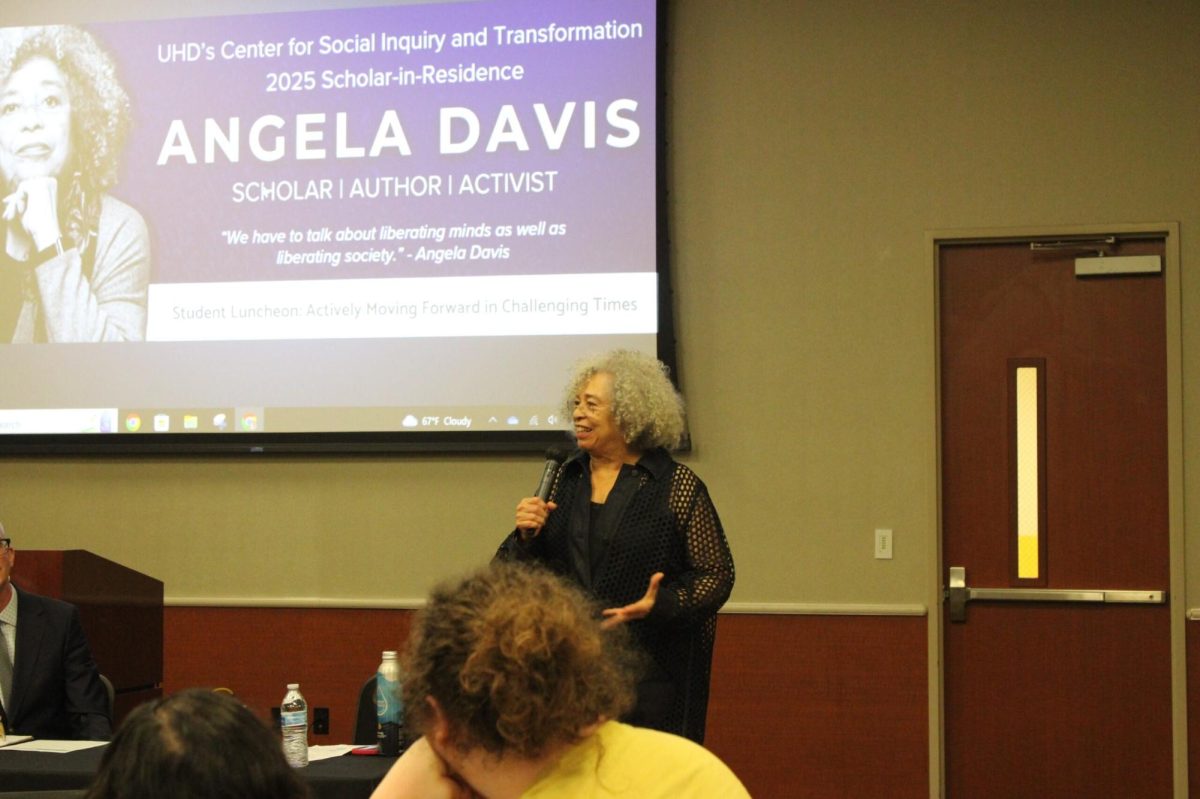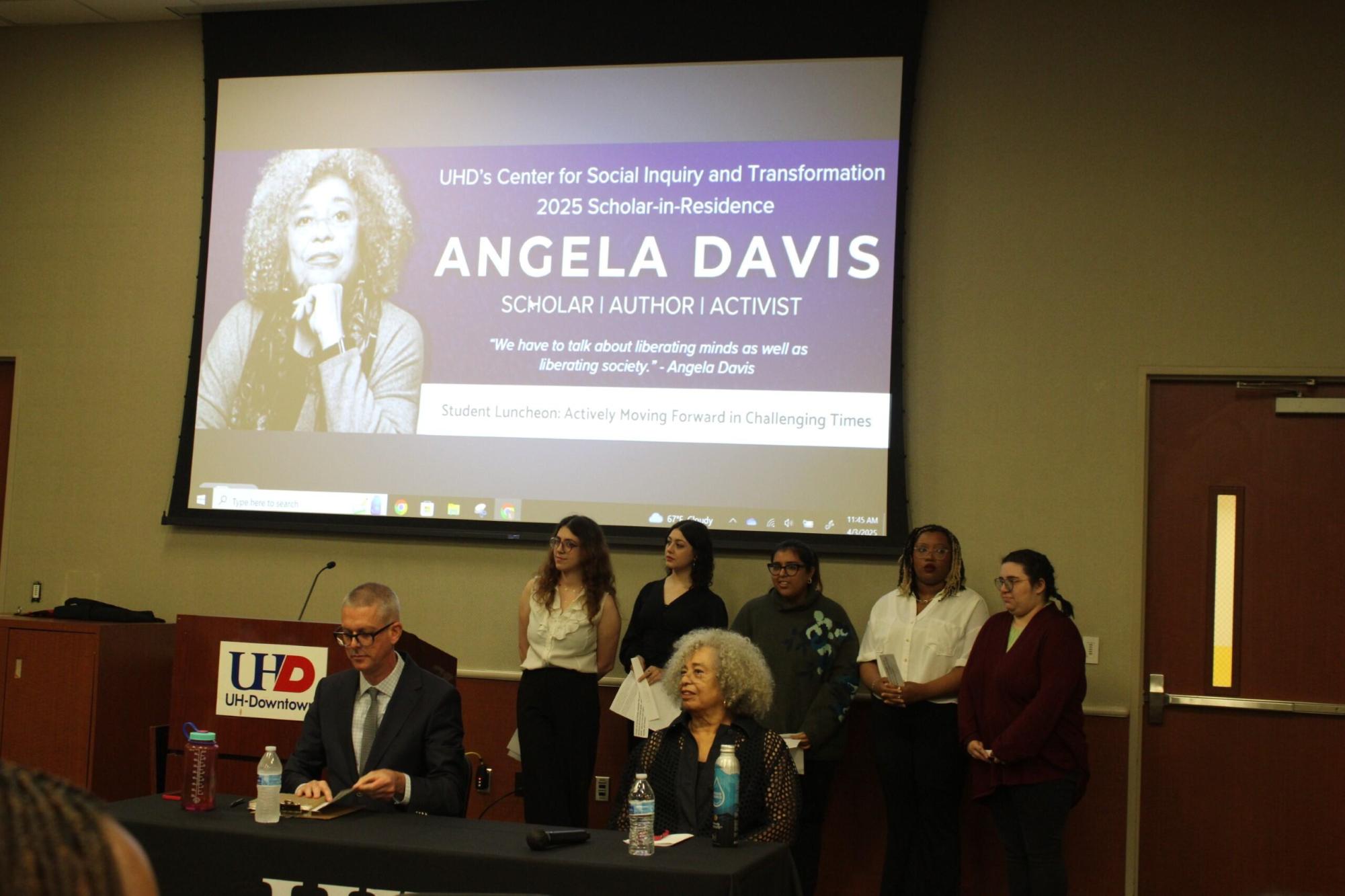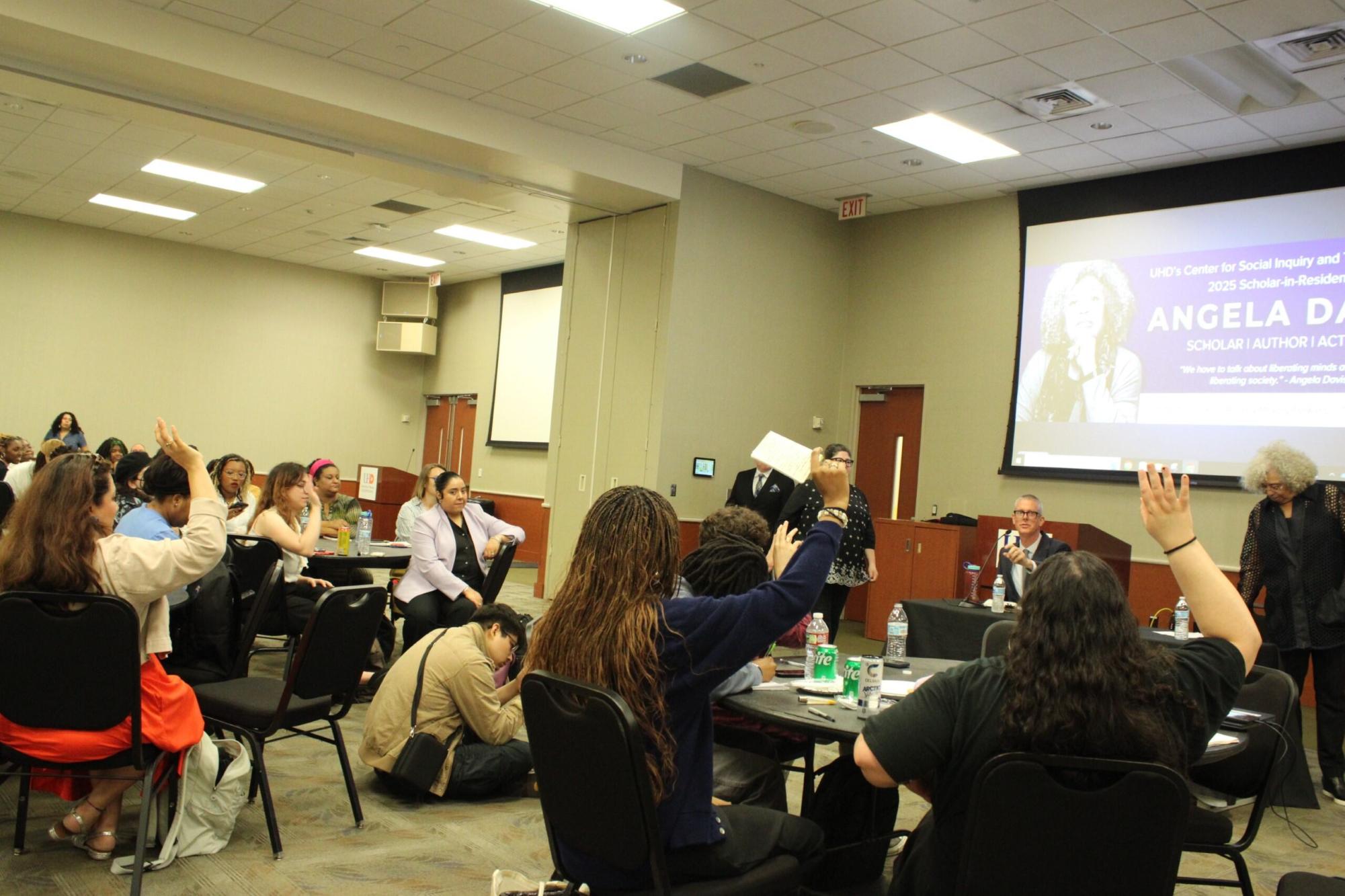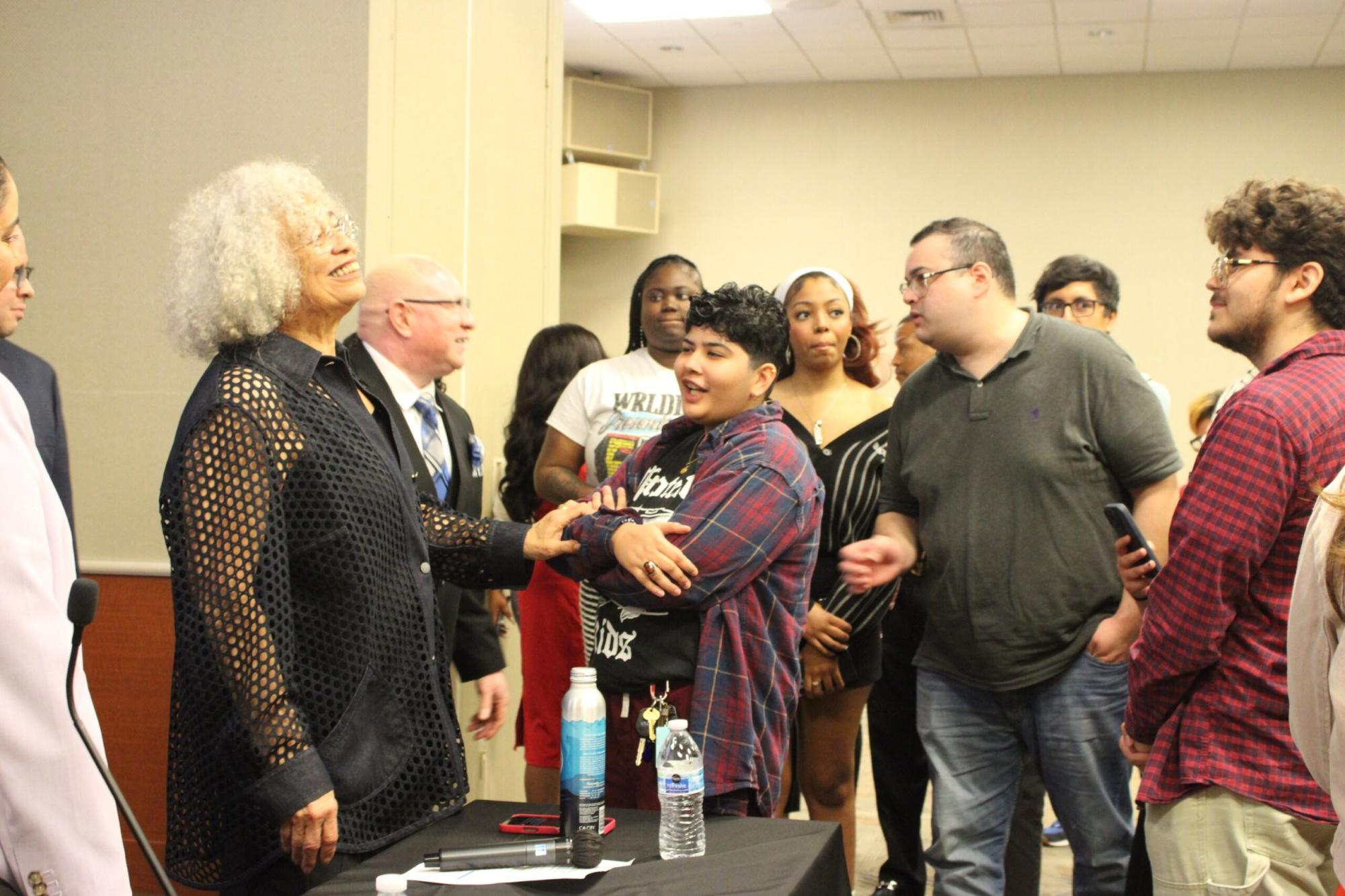UHD students were offered the momentous opportunity to meet with and ask questions to political activist, philosopher, academic and author Angela Davis as the Center for Social Inquiry & Transformation’s 2025 Scholar in Residence on April 3.
Davis, along with moderator and English professor Chuck Jackson, entered the packed venue and were instantly met with a standing ovation.
Officers of the Feminist Literature Club were given the opportunity to introduce Davis. From there, the audience raised their hands for a chance to have a question answered. The questions revolved around themes of prison abolition, Black excellence and feminism, gender, Palestine, capitalism, and environmentalism.
When asked about alternatives to imprisonment, Davis addressed the ways in which people speak of prison abolition and acknowledged the need to reframe certain mindsets going into certain conversations.
“If you think about these institutions—prisons, police, child welfare systems, immigration detention, et cetera—as replaceable—if you think about an alternative that’s going to occupy the footprint of each of these institutions, then we’re moving in the wrong direction,” Davis stated.
Another question arose concerning what today’s activists should learn and take to heart from past movements.
Davis expressed her fascination with current activists. She stated that while it is beneficial to study past movements to recognize where one comes from, she does not intend to tell young activists what to do. Rather, she dedicates herself to learning how current activists are taking up past ideas and turning them into something much more powerful.
Along the lines of inspiration and motivation from other movements, Davis encourages the use of collective thought in the face of extreme adversity.
When presented with a question about Black excellence and an individual’s concern of falling complicit to oppressive systems, Davis addressed the individualist perspective in which the question was asked, but not before emphasizing the need to move beyond diversity and inclusion if the systems we want to diversify will still operate the same.
“I think it’s much more productive to think in terms of collectives, and also to try to create communities or collectives so that you can move with a sense that you’re not up against the system all by yourself,” Davis said.
The session continued and students were marveled by the presence of such wisdom and experience appearing on campus to speak to them.
“It was crazy to see this figure that I had aspired to be like, addressing a crowd that I was in. This person that I had seen as an inspiration was here directly inspiring me,” said UHD student Jaime Murphy.
Jackson shared his thoughts on the importance of conversations surrounding current issues, activism, and understanding history.
“The lunchtime event with Professor Davis demonstrated not only the impressive vitality of our students’ critical thought and their willingness to engage with some of the most pressing issues of our time,” said Jackson. “…but it also allowed us to see, through Davis’s teaching, how history matters to our understanding and analysis of the present and why the practice of careful reading and study is especially urgent now.”

